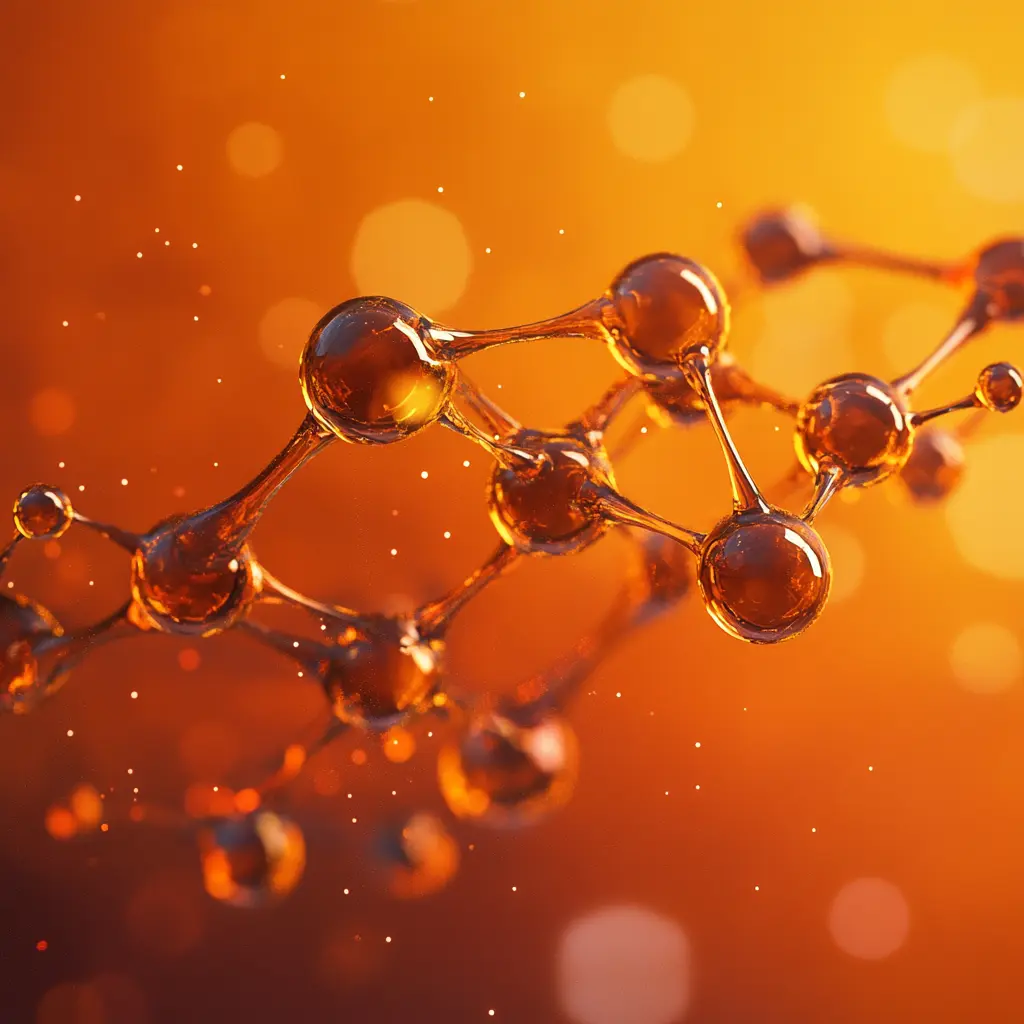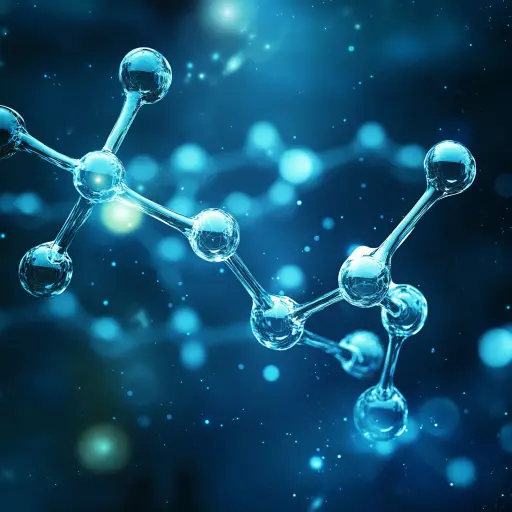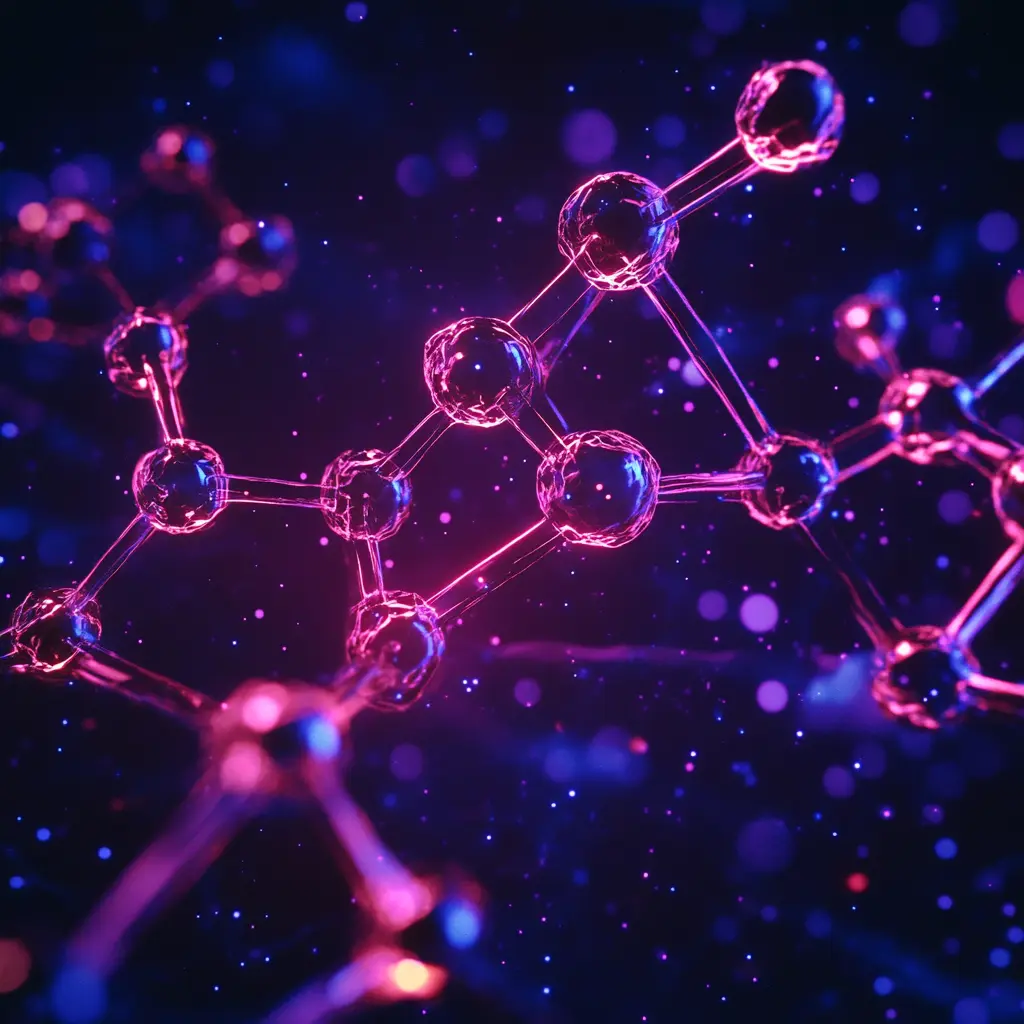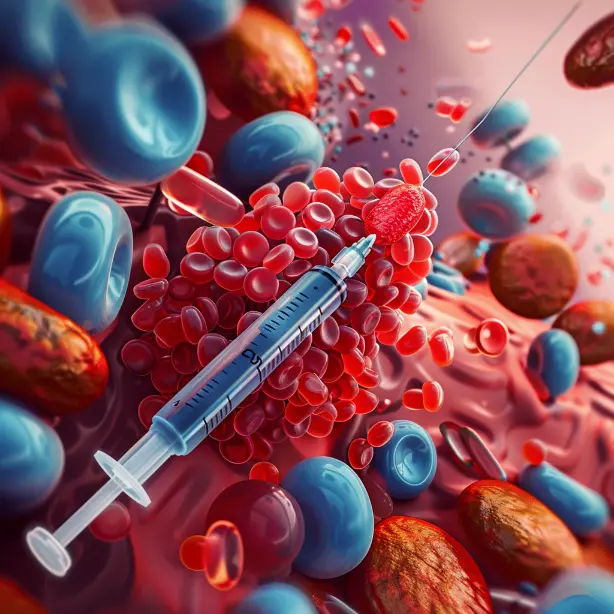The liver, often referred to as the body’s “Powerhouse,” is fundamental to sports performance due to its critical role in energy regulation. It serves as a key organ in managing energy through glucose storage and release, fat metabolism (including the bidirectional conversion of fats to glucose), and overall energy production, all of which significantly impact endurance during physical activity and athletic achievement. While sport enthusiasts tend to prioritize muscle strength, cardiovascular fitness, and protein intake, maintaining optimal liver function is equally essential for maximizing performance and recovery.
The liver is also pivotal in protein synthesis, utilizing the amino acids in support of muscle growth and repair, making it a vital component in post-exercise recovery. This report will delve into the liver’s contributions to energy production, focusing on ATP (adenosine triphosphate) synthesis, fat metabolism, and the potential for impaired liver function to hinder endurance. Furthermore, we will explore how enhancing liver health can improve athletic performance and examine the roles of key nutrients—such as choline, inositol, methionine, and taurine—in supporting liver function and health.
The Liver’s Role in Energy Production: ATP and Fat Metabolism
At the core of athletic performance is energy, and the liver is a central player in managing energy reserves. The primary energy currency of the body is ATP, which fuels nearly all cellular processes, including muscle contraction during physical activity. The liver is involved in several pathways that contribute to ATP production, including:
- Glycogen Storage and Release: The liver stores glucose in the form of glycogen, which can be quickly broken down into glucose and released into the bloodstream when energy is needed. During exercise, particularly in endurance sports, the body taps into glycogen stores to maintain blood glucose levels, supplying muscles with the fuel required for sustained activity.
- Gluconeogenesis: When glycogen stores are depleted, the liver activates gluconeogenesis, a process where glucose is produced from non-carbohydrate sources, such as amino acids and lactate. This ensures a steady supply of glucose, preventing fatigue and allowing the athlete to continue performing.
- Fat Metabolism and Ketogenesis: During prolonged or intense exercise, the body begins to rely on fat stores for energy. The liver is responsible for breaking down fat into fatty acids and converting these into ketone bodies through a process known as ketogenesis. Ketones can be used by muscles as an alternative energy source to glucose, especially during endurance events like marathons.
- Lipid Transport and Storage: The liver also manages how fats are processed, stored, and transported. It synthesizes lipoproteins, which are essential for distributing triglycerides and cholesterol throughout the body. Proper fat metabolism is crucial for energy efficiency during physical activities, particularly for endurance athletes who rely on fat as a secondary energy source after glycogen stores are depleted.
How a Sluggish Liver Impedes Endurance in Sports
A “sluggish liver” refers to suboptimal liver function, often caused by poor nutrition, excessive toxin exposure, or metabolic stress. When the liver’s efficiency is compromised, the effects on athletic performance can be significant:
- Impaired Energy Availability: A sluggish liver struggles to effectively manage glycogen storage and gluconeogenesis. This means that during exercise, the body may not receive sufficient glucose to fuel muscles, leading to early fatigue and a decrease in endurance.
- Reduced Fat Metabolism: If the liver is not functioning optimally, fat breakdown and ketone production are also hindered. Athletes may find it harder to tap into fat stores for energy, making them more reliant on limited glycogen stores, which can deplete quickly during long-duration sports.
- Increased Toxin Load and Inflammation: The liver also plays a critical role in detoxifying the body by processing and eliminating toxins. When liver function is impaired, toxins can accumulate, leading to systemic inflammation. Chronic inflammation can increase the risk of injury, slow recovery times, and decrease overall athletic performance.
- Fatigue and Poor Recovery: A sluggish liver can lead to fatigue not only during exercise but also in daily life. Additionally, poor liver function can impair recovery from workouts, reducing the ability to build muscle and recover between training sessions.
Improving Liver Function for Enhanced Athletic Performance
Improving liver function can have a profound impact on athletic performance, particularly by boosting energy levels, fat metabolism, and recovery. Here’s how athletes can support liver health:
- Balanced Nutrition: A diet rich in antioxidants, lean protein and healthy fats supports liver function. Foods like leafy greens, cruciferous vegetables (broccoli, cauliflower), berries, and nuts are particularly beneficial for liver detoxification processes.
- Hydration: Adequate hydration is critical for liver function, as it helps flush toxins and supports optimal metabolic processes. Athletes, in particular, should ensure they are well-hydrated before, during, and after exercise to support the liver’s detoxification and fat metabolism roles.
- Supplements and Liver-Supportive Nutrients: Several key nutrients play a direct role in supporting liver health and ensuring efficient energy production and fat metabolism.
- Choline: Choline is essential for fat metabolism in the liver. It helps in the synthesis of phosphatidylcholine, a component of cell membranes, and is crucial for the export of fats from the liver. A choline deficiency can lead to fatty liver disease, impairing the liver’s ability to process fats efficiently, which is detrimental for athletes who rely on fat as a key energy source.
- Inositol: Often paired with choline, inositol supports liver fat metabolism and works to prevent fat accumulation in the liver. It helps to break down fats and distribute them efficiently, ensuring the liver is not overloaded, which is important for maintaining energy balance during endurance activities.
- Methionine: Methionine is an essential amino acid involved in liver detoxification processes. It contributes to the production of glutathione, a powerful antioxidant that protects the liver from damage by free radicals generated during intense physical activity. Methionine also plays a role in the metabolism of fats, supporting efficient energy production.
- Taurine: Taurine supports liver detoxification and bile production, which is critical for the digestion and absorption of fats. Bile aids in breaking down dietary fats, allowing the liver to process them more efficiently. Taurine also has antioxidant properties that protect the liver from oxidative stress during intense exercise.
- Exercise and Rest: While exercise is important for overall health, overtraining without adequate recovery can stress the liver and impair its function. Ensuring balanced training with sufficient rest and recovery periods helps maintain liver health and performance.
Conclusion: The Key to Endurance and Performance
The liver is a critical organ in sports performance, involved in regulating energy production, fat metabolism, and detoxification. A sluggish liver can hinder an athlete’s endurance, energy levels, and overall performance. However, by optimizing liver function through proper nutrition, hydration, rest, and the inclusion of liver-supportive nutrients like choline, inositol, methionine, and taurine, athletes can enhance their energy production, improve fat metabolism, and support long-term endurance.
For athletes looking to gain an edge in their training, paying attention to liver health may be the key to unlocking better performance, faster recovery, and sustained endurance.
Resources:
- Vernon, R.G. (2005). Lipid metabolism during lactation: a review of adipose tissue-liver interactions and the development of fatty liver. Journal of Dairy Research, 72(4), 460-469.
- Ahmed, K., Choi, H.N., & Yim, J.E. (2023). The Impact of Taurine on Obesity-Induced Diabetes Mellitus: Mechanisms Underlying Its Effect. Endocrinology and Metabolism, 38(5), 482-492.















